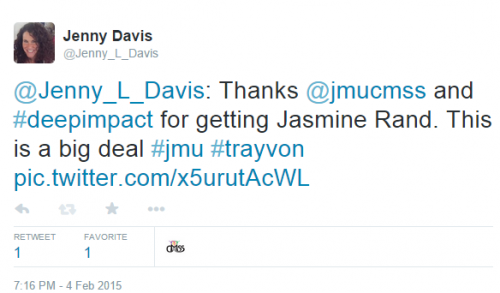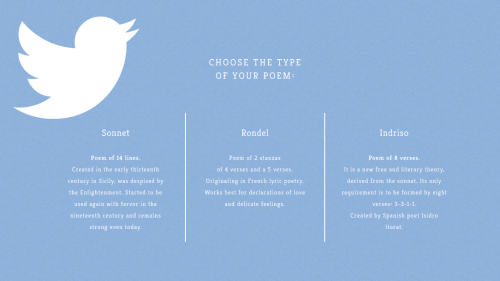
I have a secret to tell all of you: I kind of don’t care about teaching evolution in science classes. Put another way, I’m less than convinced that most people, having learned the story of species differentiation and adaptation, go on to live fuller and more meaningful lives. In fact, the way we teach evolution ––with a ferocious attention toward competition and struggle in adverse circumstances–– might be detrimental to the encouragement of healthy and happy communities. I also see little reason to trust the medical community writ-large, and I cringe when a well-meaning environmentalist describes their reaction to impending climate change by listing all of the light bulbs and battery-powered cars they bought. I suppose –given my cynical outlook– that the cover story of this month’s National Geographic is speaking to me when it asks “Why Do Many Reasonable People Doubt Science?” Good question: what the hell is wrong with me? more...










